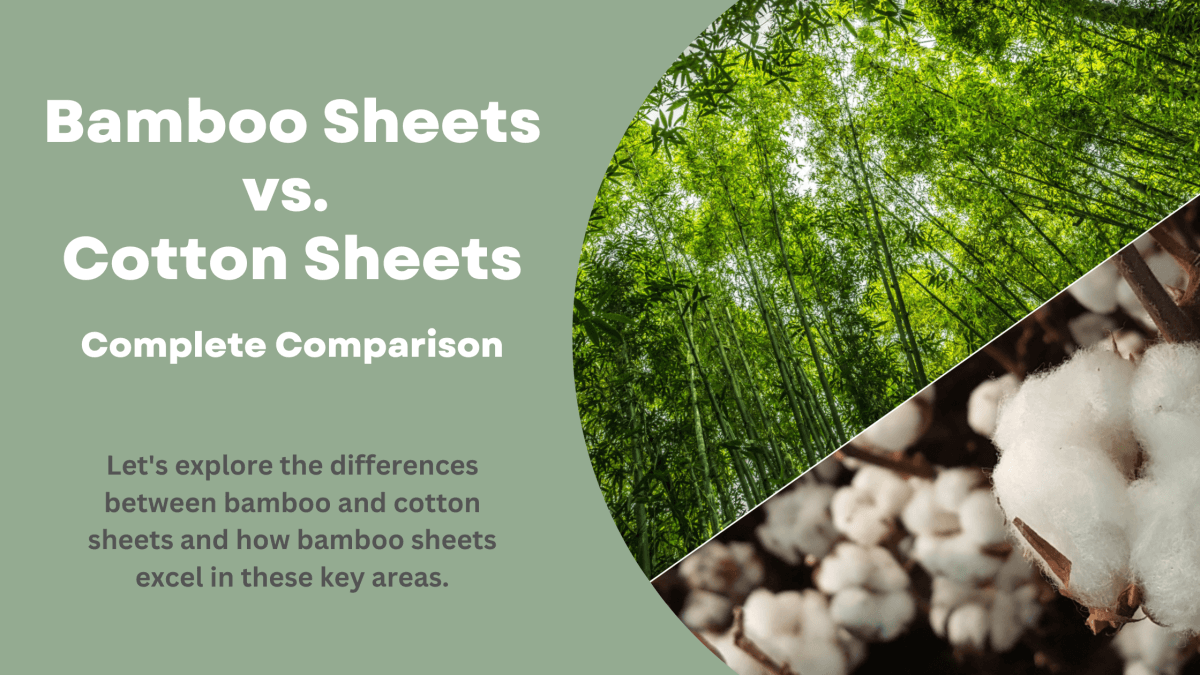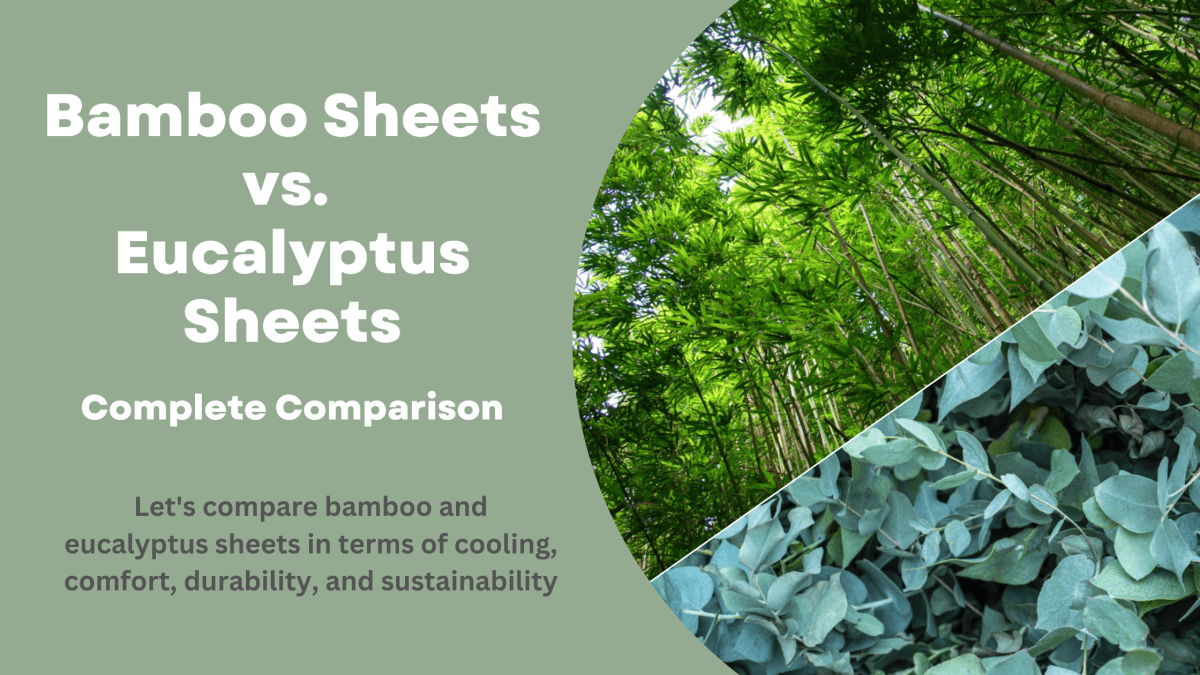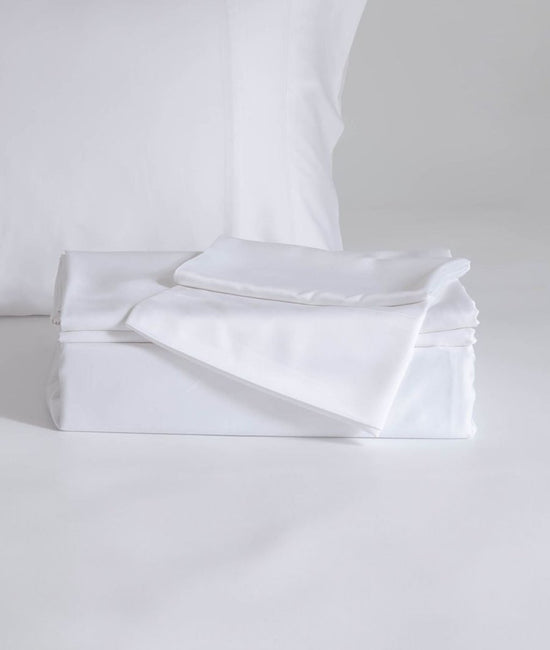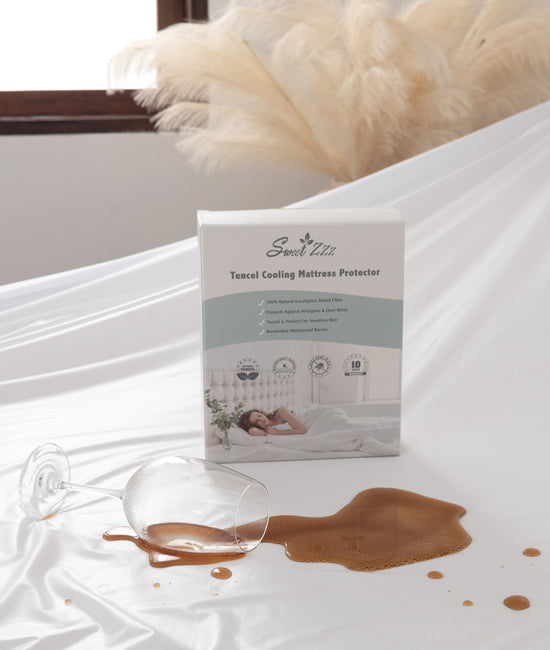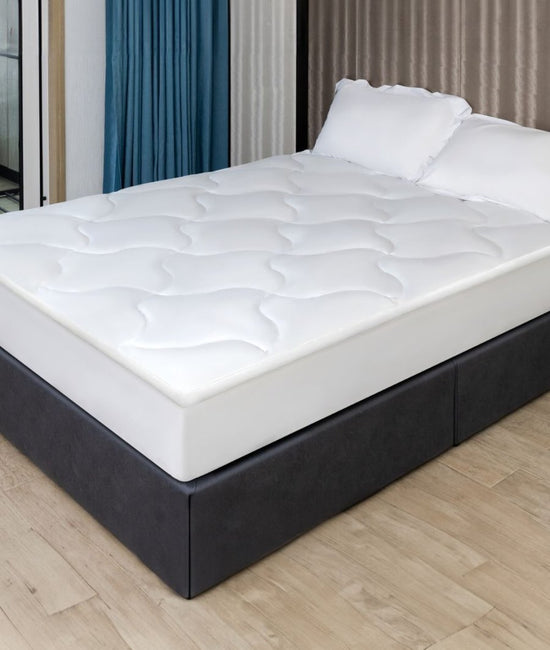Bamboo Sheets vs. Cotton Sheets: Complete Comparison
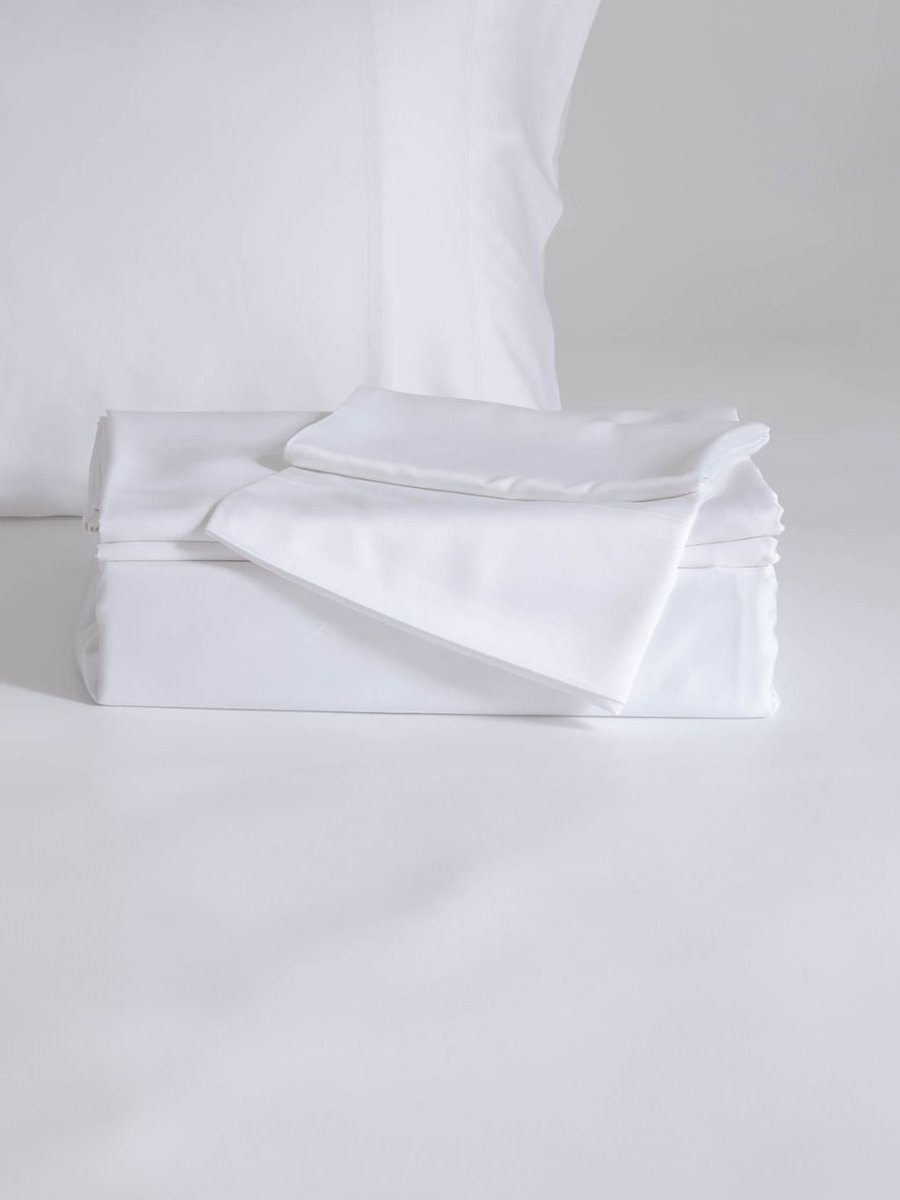
When shopping for bedding, consumers are often faced with a choice between bamboo and cotton sheets. Both materials have their advantages, but bamboo sheets are rapidly gaining popularity due to their superior cooling, comfort, durability, and sustainability. In this article, we will explore the differences between bamboo and cotton sheets and how bamboo sheets excel in these key areas.
1. Cooling
Bamboo Sheets: One of the standout features of bamboo sheets is their ability to regulate temperature. The fibers have natural moisture-wicking properties, which allow them to absorb and evaporate sweat more effectively than cotton. This keeps you cool and dry throughout the night, helping to prevent overheating and ensuring a more comfortable sleep.
Cotton Sheets: While cotton sheets can also provide a cool and breathable sleeping environment, they tend to retain moisture more than bamboo sheets. This can result in a less comfortable and more clammy feeling during hot summer nights or for those who are prone to night sweats.
2. Comfort
Bamboo Sheets: Bamboo sheets are known for their incredible softness, often compared to that of cashmere or silk. The fibers are smooth and gentle on the skin, providing a luxurious and comfortable sleeping experience. Their softness also makes them ideal for individuals with sensitive skin or those who prefer a more delicate touch from their bedding.
Cotton Sheets: Cotton sheets can also be soft and comfortable, but their softness largely depends on the thread count and quality of the cotton used. High-quality cotton sheets can be quite soft, but they often require a higher thread count to achieve the same level of softness as bamboo sheets.
3. Durability
Bamboo Sheets: Bamboo sheets are strong and durable, with the potential to last for years when cared for properly. The fibers are less likely to pill or wear thin compared to cotton, ensuring that your sheets stay looking and feeling great over time.
Cotton Sheets: Cotton sheets can also be durable, but their longevity depends on factors such as thread count and the quality of the cotton. Higher thread count sheets tend to be more durable, but they can still wear thin and pill over time, especially when compared to bamboo sheets.
4. Sustainability
Bamboo Sheets: Bamboo is an eco-friendly and sustainable resource. It grows rapidly, requires minimal water and pesticides, and regenerates quickly after harvesting. Bamboo sheets also biodegrade naturally in the environment, making them an environmentally responsible choice for bedding.
Cotton Sheets: Cotton production requires a significant amount of water and often relies on the use of pesticides and fertilizers. While organic cotton options exist, they still require more water to produce than bamboo. Additionally, cotton sheets do not biodegrade as quickly as bamboo sheets, making them less environmentally friendly in comparison.
Conclusion
When comparing bamboo and cotton sheets, bamboo sheets offer clear advantages in terms of cooling, comfort, durability, and sustainability. Their superior moisture-wicking, softness, and eco-friendly properties make them an ideal choice for those seeking a better night's sleep and a more sustainable lifestyle. While cotton sheets can still provide a comfortable sleeping environment, bamboo sheets are an excellent alternative for those looking to make a positive impact on the environment and enjoy the benefits of a cooler, more comfortable, and durable bedding option.


